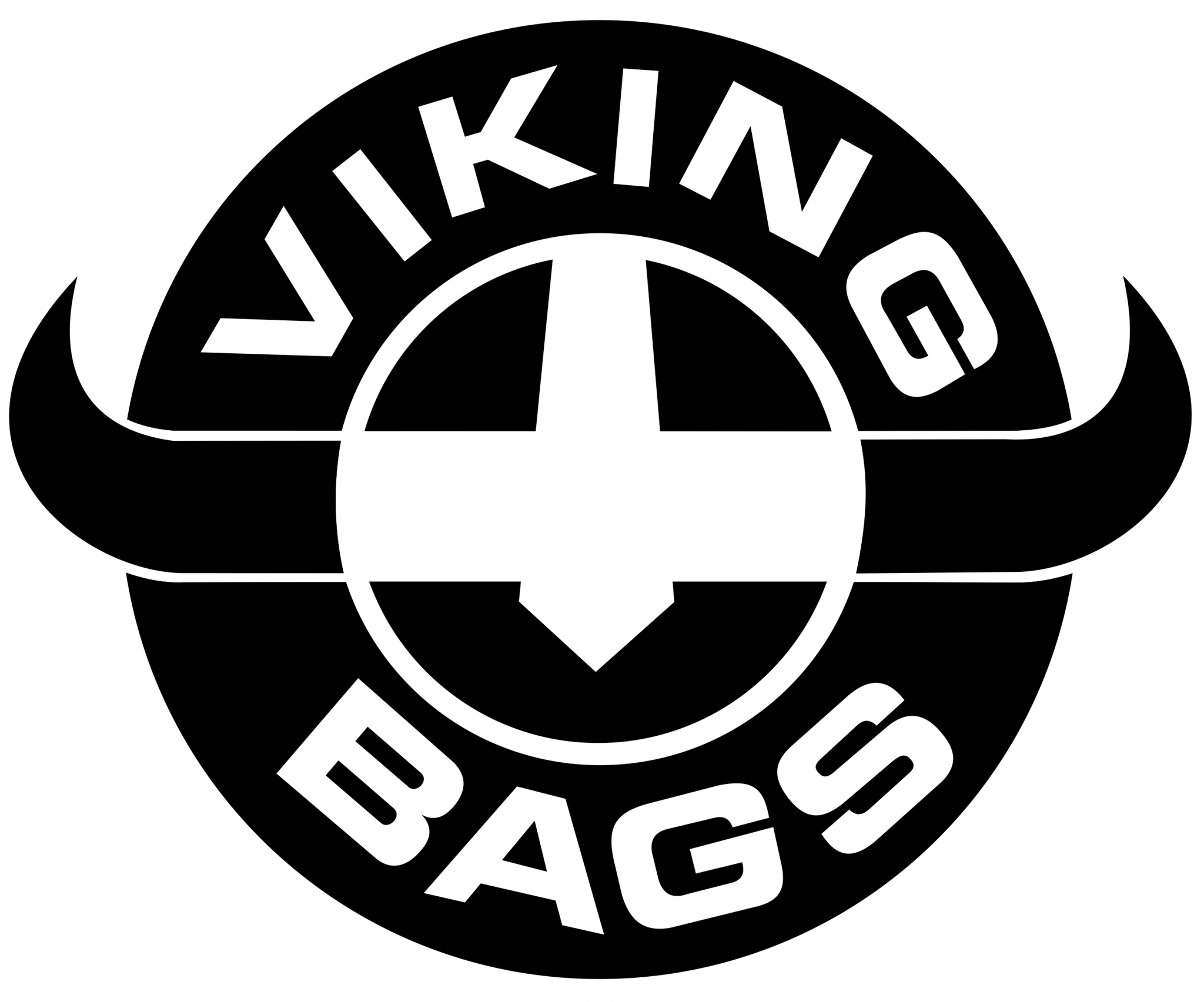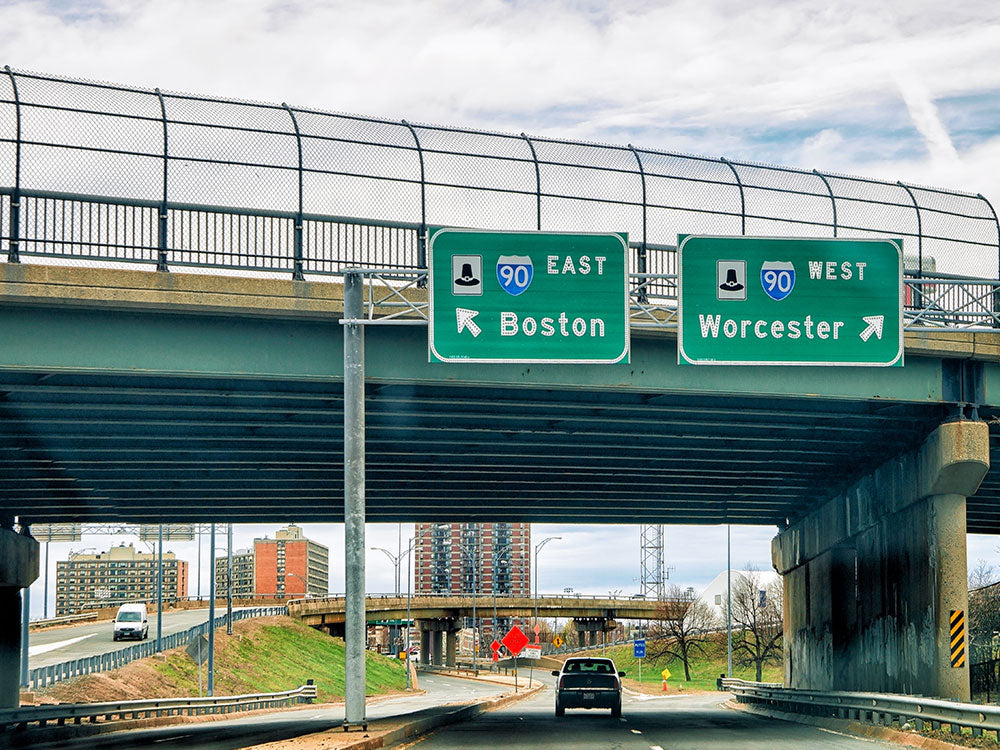Table of Content
1. Introduction
If you hope to own a motorcycle of your own or have admired riders from afar, it is only a matter of dedicating time to learning the basics of motorcycling. The process may seem arduous or complicated, but giving it enough time and handling a motorcycle almost becomes second nature.
Besides being careful on the road, you have many other responsibilities to consider when behind the handlebars. You have to go to an insurance company and buy the required coverage. You must find a helmet that offers the best protection. You also have to make sure your motorcycle is running correctly, among other things.
2. Massachusetts Motorcycle Insurance
Riding a motorcycle means you have better maneuverability and awareness of the noises surrounding you, but it sacrifices safety features such as a seatbelt. Whether on days with good or bad riding conditions, the risk of getting into an accident is considerably higher for those operating two-wheelers than those driving four-wheelers. In case of serious injury or destruction of property, all riders must have a motorcycle insurance plan that is accepted in Massachusetts:
$20,000 for bodily injury to a person per accident
$40,000 for bodily injuries to multiple people per accident
$5,000 for property damages sustained per accident
Though having to pay for additional insurance can be expensive, you never know when having extra coverage addressing certain factors surrounding an accident could help you. However, because adding on too many different types of insurance could negatively impact your finances, you do not have to include these in your insurance plan unless you feel inclined.
Uninsured coverage
Underinsured coverage
Collision coverage
Comprehensive coverage
Bodily injury coverage
Medical payment coverage
Personal injury protection
3. Massachusetts Motorcycle Helmet Laws

In compliance with the universal motorcycle helmet policy, riders in Massachusetts must don protective headgear when traveling without exception. If your motorcycle helmet no longer fits or its protective shell has become compromised, you will need a new one that was built by the Snell Memorial Foundation and satisfies the U.S. Department of Transportation. Three-quarter and full-face helmets are the primary examples of reliable and legal motorcycle headwear in Massachusetts.
| Requirements | Three-Quarter Helmet | Full-Face Helmet |
|---|---|---|
| Have the Department of Transportation (DOT) sticker | ✔️ | ✔️ |
| Contours around your head to fit snugly | ✔️ | ✔️ |
| No signs of damage Ex:// cracks, loose padding, scratches, or frayed straps |
✔️ | ✔️ |
| Has a face shield with no scratches | ❌ | ✔️ |
| Includes separate eye protection with no scratches Ex:// goggles, glasses |
✔️ | ❌ |
| Has a hard and durable outer shell that is shatter-resistant | ✔️ | ✔️ |
| Gives you a clear, peripheral view of your surroundings | ✔️ | ✔️ |
| Securely fastened with neck- or chin-strap | ✔️ | ✔️ |
| Allows airflow without fogging up | ✔️ | ✔️ |
| Can allow you to wear sunglasses underneath | ✔️ | ✔️ |
4. Massachusetts Motorcycle License Laws

4.1. Massachusetts Class M Learner’s Permit
The legal age for getting a Massachusetts Class M learner’s permit is 16 ½ years old or above. You have to pay $30 to be given a Massachusetts Class M learner’s permit which is good for two years.
To be given the permit, you must complete the following tasks and fulfill all of the listed criteria:
-
If you are under the age of 18:
Have signature and consent from a parent or legal guardian
Present identification documents
Provide proof of Massachusetts residency
Provide proof of U.S. citizenship
Provide your Social Security Number
Take a photo
Pass the knowledge exam
Pass the vision exam
Meet minimum Class M driver’s license medical standards
Pay the required fees
When operating a Massachusetts Class M learner’s permit, you cannot freely ride your motorcycle since you are considered a beginner. You will have to comply with these rules when on the road:
You must be supervised by a 21-year-old driver who has been licensed for at least one year
You can only operate within Massachusetts
You cannot transport passengers
You can only operate during daylight hours between sunrise and sunset
-
If you are under the age of 18:
You cannot operate between the hours of 12:30 a.m. and 5 a.m.
4.2. Massachusetts Class M License
The legal age for getting a Massachusetts Class M license is 16 ½ years old or above. You have to pay $50 to be given a Massachusetts Class M license which is good for five years.
Listed below are the requirements you will need to fulfill before you are eligible for a Massachusetts Class M license based on age:
| Requirements | Applicants Ages 16 ½ to 17 |
Applicants Ages 18 and Above |
|---|---|---|
| Have a valid Massachusetts Class M learner’s permit | ✔️ | ✔️ |
| Complete a Motorcycle Rider Education Program course | ✔️ | X |
| Held onto a Massachusetts Class M learner’s permit for at least six months | ✔️ | ✔️ |
| Maintain a clean driving record for at least six months | ✔️ | ✔️ |
| Complete at least 40 hours of supervised, behind-the-wheel driving confirmed in a statement provided by a parent or guardian | ✔️* | ❌* |
| Complete all junior operator requirements | ✔️ | ❌ |
| Provide proof of Massachusetts motorcycle insurance | ✔️ | ✔️ |
| Provide proof of Massachusetts vehicle registration | ✔️ | ✔️ |
| Fill out the appropriate driver’s license application | ✔️ | ✔️ |
| Must have the consent of a parent or legal guardian if you are a minor | ✔️ | ❌ |
| Provide your social security number | ✔️ | ✔️ |
| Pay required fees | ✔️ | ✔️ |
| Present valid photo I.D. | ✔️ | ✔️ |
| Take a photo | ✔️ | ✔️ |
| Take vision exam | ✔️ | ✔️ |
| Pass the knowledge test | ✔️ | ✔️ |
| Pass the road skills test | ✔️ | ✔️ |
| Provide proof of U.S. citizenship | ✔️ | ✔️ |
| Provide proof of residency in Massachusetts | ✔️ | ✔️ |
*The RMV will accept 30 hours of driving supervised by a parent or guardian if the applicant completes a driver skills development program
*A parent or guardian must participate in 2 hours of instruction on the driver’s education course
4.3. Massachusetts Motorcycle License Test
Written Portion:
Complete 25 multiple-choice questions
Questions will be based on content from Massachusetts Motorcycle Manual
Will be tested on understanding of road rules and safe riding practices
Requires a passing grade of 72% or higher
Road Skills Portion:
Will be conducted in a controlled, off-street area
Your motorcycle will be subjected to a pre-ride inspection to ensure it meets safety standards
Demonstrate a basic understanding of motorcycle operation
You will be tested on your ability to stay within the speed limit, adjusting speed and position, maintaining visibility, operating under stress, accelerating, braking, turning, stopping, and swerving
The examiner will grade you based on how well you ride at safe speeds, stay within the lanes, and demonstrate riding maneuvers
You will fail the road skills portion of the Massachusetts motorcycle license test if you exhibit any of the following behavior:
You caused an accident with another motor vehicle, pedestrian, or object
You were riding in an unsafe or reckless manner
You violated a motor vehicle law, rule, or regulation
You failed to follow or purposely ignored your examiner’s directions
5. Massachusetts Motorcycle Passenger Laws
Massachusetts has no minimum age to ride, but all passengers have to keep a motorcycle helmet on at all times. The passenger’s motorcycle helmet must satisfy the same requirements as the operator’s.
If you wish to improve safety for the sake of your passenger, you will need to equip and adjust the current state of your motorcycle. The required equipment for passengers includes a passenger seat and footpegs.
Your passenger should never be seated in front of the operator. Therefore, the passenger seat will have to be placed at either of these points on your motorcycle:
At the back of a large driver’s seat
Towards the rear as a separate saddle
Fixed to the side as a sidecar
Just because there is no age restriction in Massachusetts does it permit you to carry anyone on your motorcycle. Your passenger has to have the appropriate weight and height so to fit onto the passenger seat. Besides that, your passenger must also be able to:
Reach the footrests
Wear an approved motorcycle helmet
Cannot be carrying any packages
Understand and follow your directions
6. Massachusetts Lane Splitting Laws
Massachusetts’s road laws do not allow lane splitting of any kind. Because what can be considered lane splitting is loosely defined, here are maneuvers on the road that you should try to avoid:
Riding on top of the dividing lines between lanes
Riding in between adjacent rows of stopped vehicles
Overtaking a larger vehicle ahead in the same lane
While lane splitting is strictly prohibited, certain aspects of lane sharing are allowed in Massachusetts. Riding a two-wheeler affords you the mobility that a four-wheeler cannot. Here are maneuvers on the road that you can attempt if they can be done safely:
You are allowed to make full use of the space within a single lane
-
You can only share a lane with another motorcycle if:
Both parties stay apart at least two abreast
Both parties consent beforehand
7. Massachusetts Motorcycle Equipment Requirements

In Massachusetts, a task every rider must complete yearly is bringing their motorcycles to a state-approved inspection station before June 1st. Unless you are confident in your knowledge of vehicles or machinery, it may be best to get the opinion of a professional.
An inspection allows you to replace or mend the parts of your motorcycle responsible for steering, braking, signaling, etc. To maximize safety and functionality, you should at least check the integrity of these motorcycle parts:
Horn
Wheels
Tires
Fenders
Handlebars
Front & Rear Brakes
Controls
Headlight
Tail Light
Brake Light
Turn Signals
Exhaust System
Muffler
Rearview Mirrors
8. Sources
- Commonwealth of Massachusetts - Motorcycle Manual
- Commonwealth of Massachusetts - Motorcycle Insurance
- Commonwealth of Massachusetts - Motorcyclists Safety
- Commonwealth of Massachusetts - How to Apply for a Motorcycle Class M Learner’s Permit
- Commonwealth of Massachusetts - Junior Operator License Requirements
- Commonwealth of Massachusetts - Motorcycle (Class M) Driver’s License
- Commonwealth of Massachusetts - Schedule of Fees
- Commonwealth of Massachusetts - Road Test Requirements for Passenger, Motorcycle, and Commercial Licenses
- Commonwealth of Massachusetts - Road Test Information












Leave a comment
All comments are moderated before being published.
This site is protected by hCaptcha and the hCaptcha Privacy Policy and Terms of Service apply.